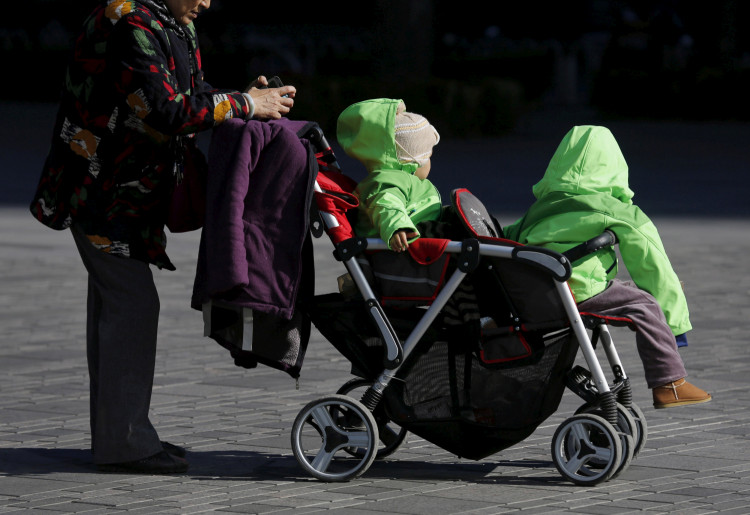China's capital, Beijing, saw a steep decline in population for the first ever in twenty years in 2017, a state-held news agency said on Thursday, citing official data.
As indicated over at Reuters, the Xinhua reported pointed out the number of permanent residents in the city reaching only about 21.707 million last year, which is 22,000 fewer than what the previous year has registered.
Between 2016 and 2017, the number of people living within the city's six, highly-urbanized districts has decreased by 3 percent, Beijing's official publication People's Congress stated.
Among the few major reasons that authorities in Beijing cited for launching a campaign to curb the growth of population in the area include the heavily congested traffic situation in the city, shortages of primary resources, as well as rapidly increasing housing prices.
Since 1998, the population in China's capital rose by two thirds and this resulted to a compounding increase to energy consumption which has more than doubled, while the number of vehicles running its streets has tripled.
Beijing authorities announced its plans in 2016 whereby they aimed to cap the population growth at 23 million in the next 10 years.
Beijing has since been working with its neighboring provinces such as Hebei and the city of Tianjin in integrating its economy as a way to disperse the concentrated human influx towards the capital.
A few measures that Beijing implemented were to allow some of the city's primary institutions like universities, government agencies, and industrial firms to build satellite branches or to move out in its entirety, a report from India Express said.
Moreover, the city has also built a new development zone found in Xiongan in Hebei province which has in a way, lightened Beijing from performing its so-called non-capital functions.
Another initiative that the megacity made was to invest heavily in the construction of transportation networks which would benefit long-distance commuters as well as entice inter-city dwellers to consider seeking shelters outside of the zone.
China's Million Newborn Babies Plan for 2021
Like Beijing, Shanghai has also sought measures to control its rapid population growth. And while the two cities have been quite successful in its respective campaigns, China as a whole is going in the opposite direction.
Under the Xi Jinping administration, the government is now trying to boost the country's birth rate, which apparently saw a huge decline in 2017. China has been hard at work to implement new actions to alleviate the situation which is feared to continue in the years to come.
Because of this, a report from Business Times said that the government is now drafting a new civil code that would remove the limit on the number of children to be had per family. This is part of China's goal to achieve millions of newborn babies before 2021.





